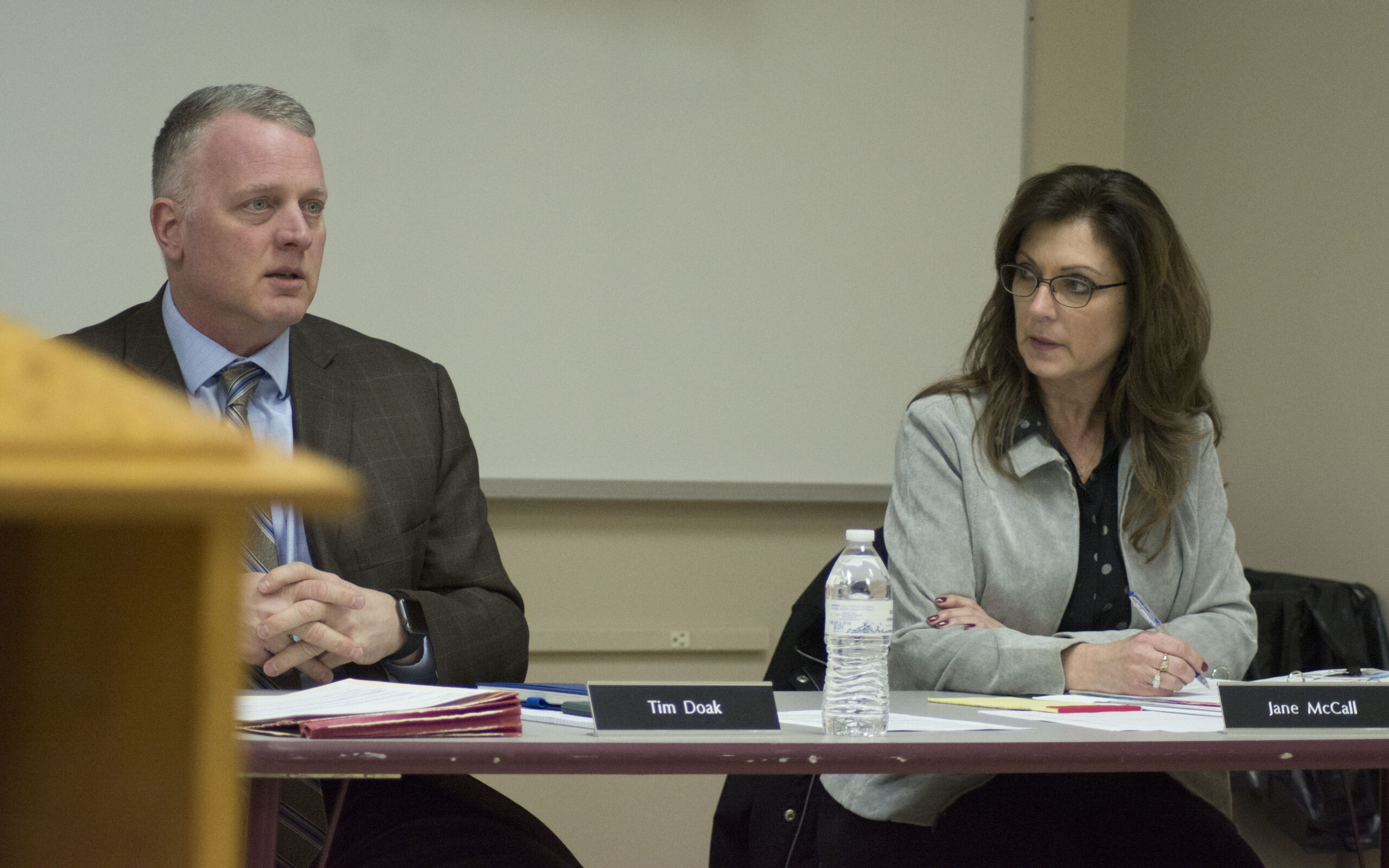
CARIBOU, Maine — The RSU 39 Board of Education discussed growing concerns surrounding coronavirus and how Caribou schools are planning to handle the potential for infection.
There were no coronavirus cases confirmed in Maine as of Thursday, March 5.
The World Health Organization has dubbed the virus COVID-19, indicating that this particular form of coronavirus came about in 2019. While there are currently many types of coronaviruses that affect the respiratory system, COVID-19 is a new disease that had not previously been seen in humans until last year.
Superintendent Tim Doak said he and other school officials met with a team of medical officials, including Caribou Fire and Ambulance Chief Scott Susi, on March 2 to discuss the best course of action moving forward.
From this meeting, Doak said the school is taking two major steps. The first is education, or explaining to students and staff what the virus is, and what it entails. The second step is prevention, which will include putting extra effort into airing out buses, disinfecting surfaces throughout the school buildings in Caribou, placing informational signs throughout the building and showing students videos explaining how to properly wash their hands.
Board Chair Tanya Sleeper suggested using a blacklight, as they have proven effective in showing how germs can remain on hands that have not been properly cleaned.
If the virus spreads to the point where people in Aroostook County could be seriously affected, Doak said officials may need to dismiss school for three weeks. If this occurs, a plan would need to be developed for continuing education throughout this period.
He added that this plan may involve sending students home with learning packets and educating them via online lessons.
Other issues would include explaining to parents that if their child is showing symptoms of the flu or coronavirus, they would need to avoid school and be quarantined or isolated until the symptoms subside.
Doak also mentioned that the school’s gifted and talented program is planning a New York City trip later this year. But with the signup deadline set for April 1, officials and parents still have time to learn more about the virus as the situation progresses before deciding if the trip will occur.
Sleeper agreed that the board still has time to learn more about the virus as the situation progresses, adding that there are likely several undocumented cases of coronavirus in the country.
Sleeper also said the CDC indicated that the virus can be spread through being within six feet of an infected individual and that the crowds in New York City may pose a potential risk to students.
Board member Ron Willey asked what would happen if there was a suspected case of coronavirus within a Caribou school. Doak said the first call would be made to the CDC and the virus would be treated in the same way as hepatitis A or any other contagious infection.
Sleeper said cases are currently scattered and that the CDC will likely be able to provide more specific information as it obtains more information about the virus, adding that close to a million people in the United States could be tested for the virus within the week, according to an article recently published by The New York Times.
School officials will continue to educate students about the virus and take extra measures in disinfecting classrooms and buses until more information concerning the virus is made available.
“The word pandemic really frightens people, but it just refers to something that is worldwide,” Doak said. “Epidemics are really scary to me. People say we shouldn’t talk about this because it puts fear into people, but I think this is something that we should be talking about.”







